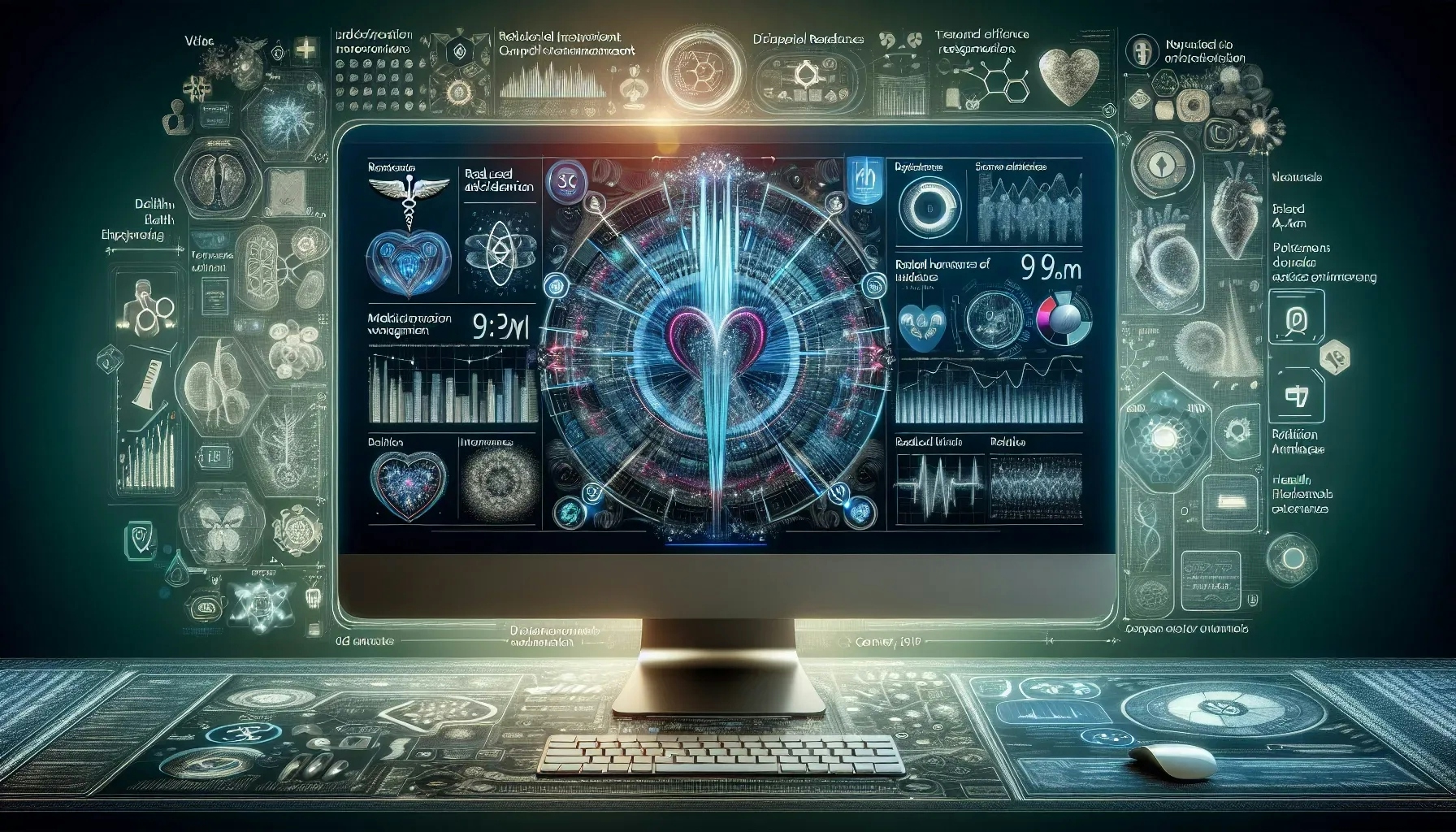How Do Patient Outcomes Improve With Health Informatics Initiatives?
Witnessing the transformative power of health informatics on patient outcomes, a Clinical Data Analyst opens the dialogue with insights on driving healthcare equity. Alongside expert perspectives, we've gathered six additional answers that illustrate the broad impact of informatics initiatives. From leveraging real-time data for informed clinical decisions to expanding access through telehealth, join us as we explore the multifaceted improvements in patient care.
- Driving Healthcare Equity via Informatics
- Predictive Analytics for Early Intervention
- Real-Time Data for Informed Clinical Decisions
- Streamlined Operations Enhance Patient Care
- E-Prescribing Boosts Medication Management
- Big Data Analytics Personalizes Treatment
- Telehealth Expands Access to Care
Driving Healthcare Equity via Informatics
We have had success in improving the health outcomes of our most vulnerable populations and driving healthcare equity by utilizing health informatics. As a nonprofit, we have limited resources, and being able to focus our efforts where they will make the greatest impact has been life-changing for our patients. Health informatics helps us to make informed decisions regarding how to best serve our patients' needs. We have recently implemented several new initiatives to increase cancer screening rates, using data to refine our focus.
Predictive Analytics for Early Intervention
One impactful example of how health informatics can improve patient outcomes, which I saw in the implementation of a predictive analytics system in one of the last organizations I worked with, involves healthcare institutions integrating advanced analytics into their Electronic Health Records (EHR) systems to predict patient risks and outcomes more accurately. For instance, consider a healthcare facility that integrates a predictive analytics module into its EHR. This module analyzes patient data in near-real-time, identifying individuals at high risk for conditions like sepsis or heart failure. By alerting healthcare providers to these risks promptly, the system enables early intervention, which can be crucial in preventing complications or deteriorating health. Thus, this health informatics initiative demonstrates how leveraging data and technology can lead to significant improvements in patient outcomes. By providing healthcare professionals with advanced tools to anticipate and respond to patient needs, health informatics not only enhances the quality of care but also plays a critical role in saving lives.

Real-Time Data for Informed Clinical Decisions
Health informatics initiatives integrate real-time data analysis into the healthcare process, allowing clinicians to make informed decisions quickly. With instantly available patient data, doctors can spot trends, understand the patient's history, and make evidence-based decisions that directly impact the quality of care. This immediacy reduces guesswork, ensures more accurate diagnoses, and fosters a proactive approach to treatment.
As a result, patient outcomes are significantly improved because medical interventions can be both timely and tailored to specific needs. To contribute to improved healthcare delivery, encourage your local clinic or hospital to implement advanced health informatics systems.
Streamlined Operations Enhance Patient Care
Streamlining operations within healthcare facilities through health informatics tools reduces the administrative burden on healthcare professionals. Consequently, caregivers can focus their energy and time on patient care rather than paperwork. Efficient patient care means shorter wait times, faster treatment, and improved patient satisfaction.
Manual errors are minimized, and resources are optimized, leading to an overall enhancement in the care process. Advocating for the adoption of streamlined health informatics processes in your healthcare facility can play a crucial role in uplifting the standard of care provided.
E-Prescribing Boosts Medication Management
Health informatics significantly enhances medication management through electronic prescribing (e-prescribing). This technology sends prescriptions directly from the provider to the pharmacy, minimizing the risk of handwritten prescription errors. It also checks for potential drug interactions automatically, ensuring patient safety.
The convenience of e-prescriptions often leads to increased medication adherence, as patients can more easily obtain their medications. To better manage your medications and reduce the chance of errors, inquire about e-prescribing services during your next medical appointment.
Big Data Analytics Personalizes Treatment
Big data analytics within health informatics tailors treatment plans to the individual, facilitating a more personalized approach to healthcare. By analyzing large volumes of patient data, healthcare providers can detect patterns and predict outcomes, allowing for treatments that are specifically designed for each patient's unique conditions.
This individualized care can lead to better patient engagement, improved health outcomes, and a more efficient healthcare system. Patients should feel empowered to ask their healthcare professionals about how big data can inform their personal treatment plans.
Telehealth Expands Access to Care
Telehealth platforms, supported by health informatics, have revolutionized patient access to healthcare services, particularly for those in rural or underserved communities. These platforms enable patients to consult with healthcare providers without the constraints of location or mobility, thereby ensuring that timely medical advice is just a video call away.
Increased healthcare accessibility through telehealth can reduce the likelihood of complications by allowing for earlier intervention and can also facilitate ongoing management of chronic conditions. To leverage the benefits of telehealth, patients should explore and utilize these digital health services available to them.

